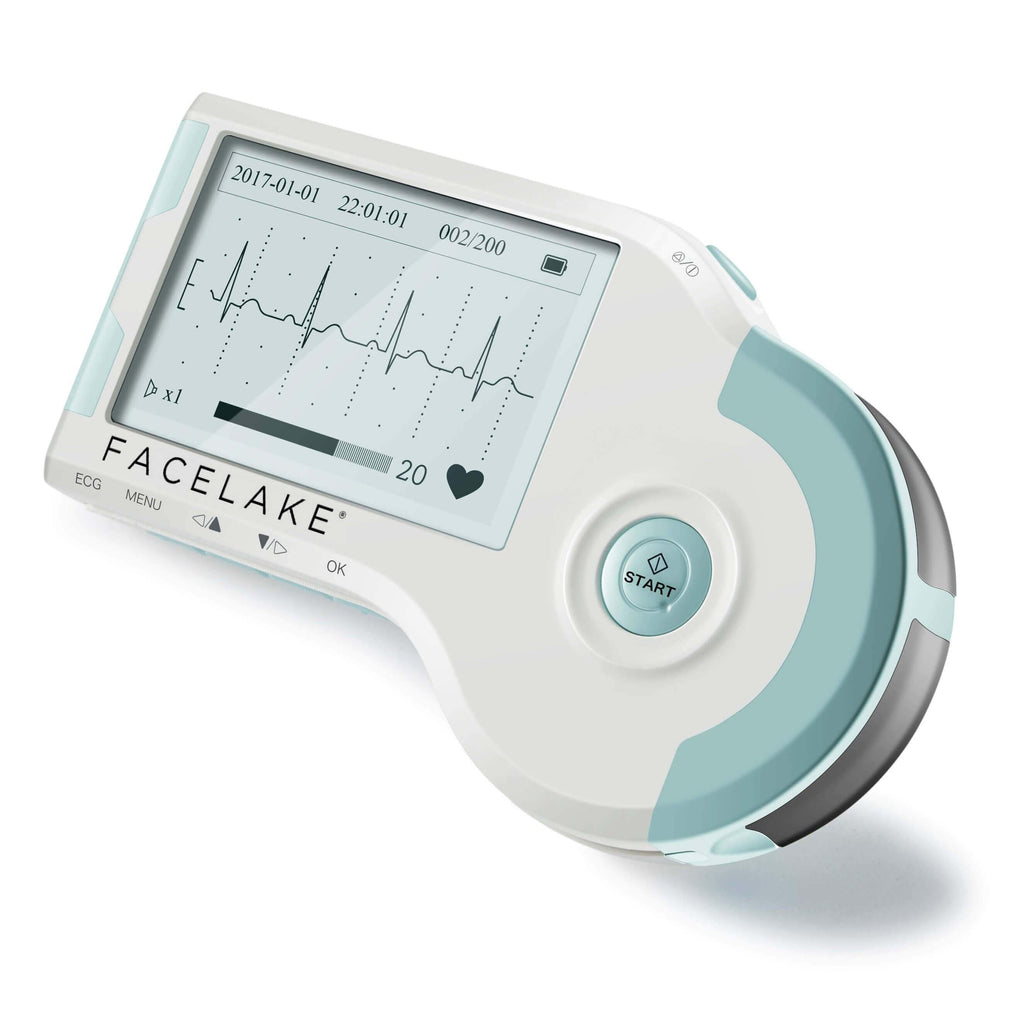Just learned about this at-home thyroid test for $99 ...
At Home Thyroid Levels Test - Easy to Use and Understand - Everlywell
Fingerstics and blood dots on a card are sent back to the lab for analysis. Looks like they only report Free T3, T4 and TSH. No rT3 or other markers. The report seems very simplistic, but does include a sort of consult with a nurse or nurse practitioner (I'm not clear) on what your results might indicate.
I'm still relying on temperature and pulse and other general health ques to determine thyroid state function rather than blood tests. But, I'm interested on any take on this test and if it has any value.
At Home Thyroid Levels Test - Easy to Use and Understand - Everlywell
Fingerstics and blood dots on a card are sent back to the lab for analysis. Looks like they only report Free T3, T4 and TSH. No rT3 or other markers. The report seems very simplistic, but does include a sort of consult with a nurse or nurse practitioner (I'm not clear) on what your results might indicate.
I'm still relying on temperature and pulse and other general health ques to determine thyroid state function rather than blood tests. But, I'm interested on any take on this test and if it has any value.

